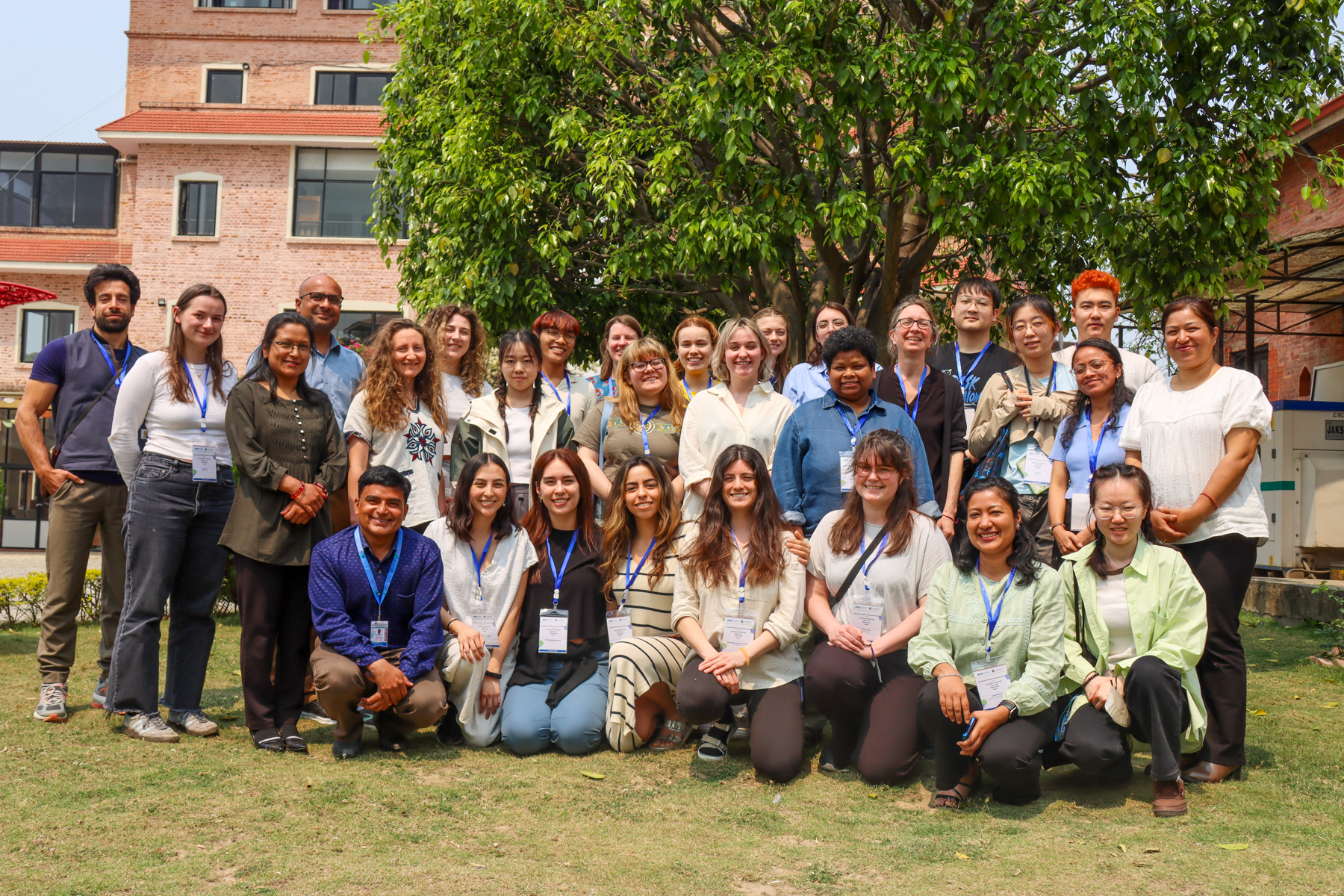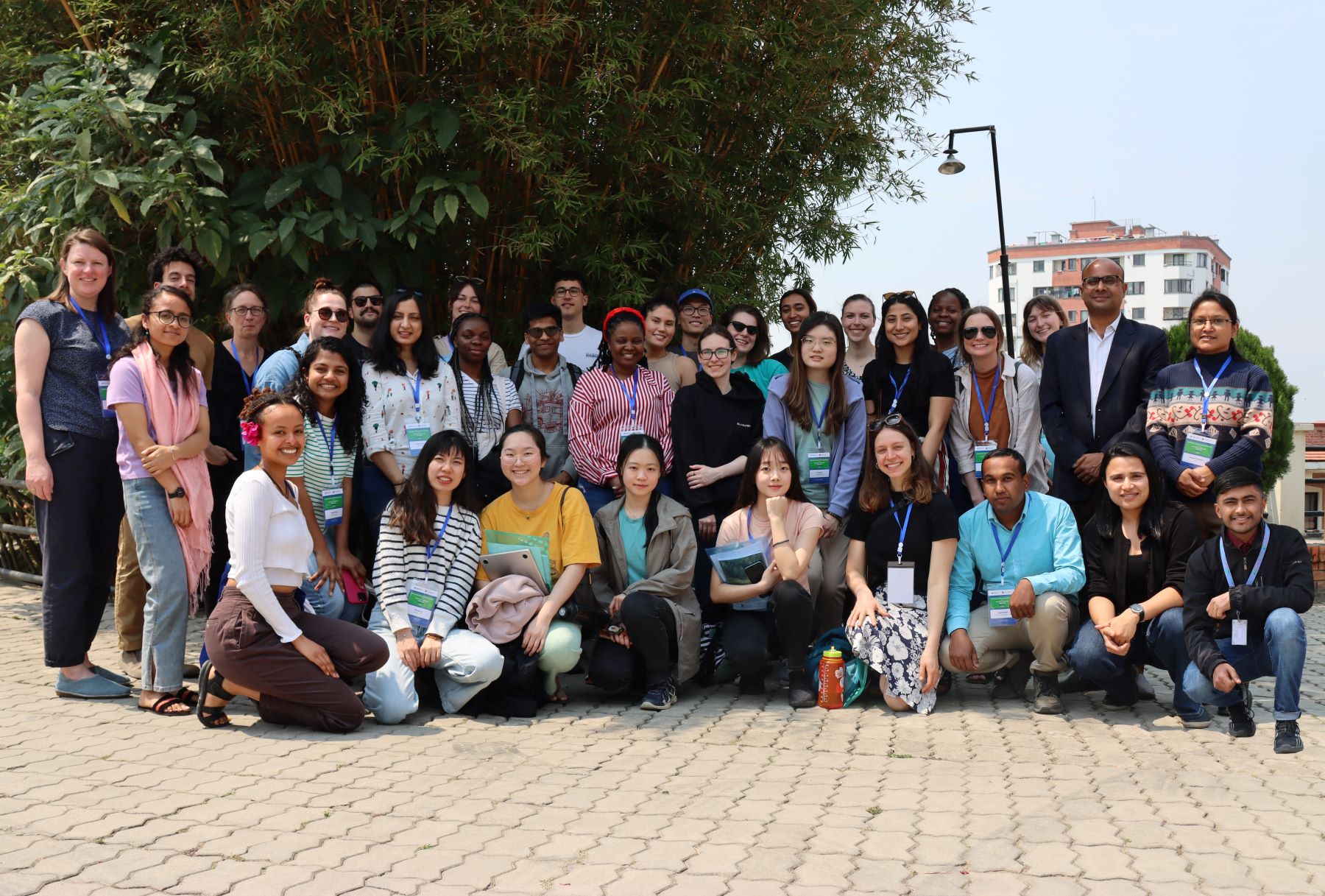Project Leader: Hari Dhungana (SIAS)
Partners and Collaborators: Southasia Institute of Advanced Studies (Nepal), University of East Anglia (UK), RECOFTC – The Center for People and Forests (Thailand), Institute of Cultural Studies (Vietnam), Winrock International (USA) and Instituto Nacional de Antropología e Historia (Mexico)
Duration: 48 months (Starting from Feb, 2014)
Brief description of the activity/project: The overall objective of the project is to strengthen the evidence on the impact of REDD+ on conflict and cooperation in developing countries through case studies of Mexico, Nepal and Vietnam. CoCooR will investigate conflicts and cooperation over REDD+ through research in Mexico, Nepal and Vietnam. All three countries are in advanced stages of developing and implementing national REDD+ Programmes. CoCooR will examine local-level conflict and cooperation over forests in two REDD+ demonstration sites in each country, one site characterized by significant cooperation and the other experiencing pronounced conflict.
· Mexico: Quintana Roo and Chiapas in the southeast
· Nepal: Lamjung in the middle hills and Chitwan in the Tarai
· Vietnam: Thai Nguyen in the north and Lam Dong in the south
This project focuses on Reduced Emissions from Deforestation and Forest Degradation (REDD+) and related forest-based climate change mitigation actions as a key climate change policy with direct effects on sustainable development and poverty alleviation. In addition, the insights gained, tools developed and capacity strengthened by CoCooR with regards to REDD+ will have wider implications for efforts to understand and influence the impacts of climate mitigation and adaptation policies in settings characterised by multiple stakeholders making competing claims on scarce resources.
CoCooR seeks to strengthen the evidence on the impacts of REDD+ on conflict and cooperation in developing countries through research in Mexico, Nepal and Vietnam. These three countries, which are at advanced stages of REDD+, offer excellent opportunities for generating insights relevant to other countries. The application of an environmental justice lens is expected to generate novel understanding of cross-scale conflict and cooperation over forests. This knowledge innovation allows CoCooR to develop a conflict prediction checklist for REDD+ practitioners, produce recommendations on conflict-sensitive national safeguards processes for decision makers and provide relevant training to local communities, grassroots organizations, NGOs, government and project developers. By involving national institutions and ambitious postdoctoral staff as equal partners, CoCooR makes unique contributions to capacity development with regards to the ability to investigate, provide advice and implement tools for conflict sensitive REDD+ policy and practice. CoCooR brings together world leaders on REDD+ research and practice with national research institutions of excellence on the basis of existing collaborations. The partners draw on recent environmental justice research to examine how the production of injustices and politics of justice associated with the development of REDD+ affect conflict and cooperation over forests. They survey REDD+ conflicts in Mexico, Nepal, Vietnam and worldwide, investigate local-level dynamics in six REDD+ demonstration sites, analyze national safeguards processes, and examine the empirical results from comparative and theoretical perspectives. The research employs transdisciplinary methodology drawing on ethnography, discourse analysis and participatory research in a broadly inductive approach. CoCooR uses the new knowledge on conflict and cooperation over forests and innovative theoretical understanding of cross-scale dynamics of conflict and cooperation to engage with REDD+ policy makers and other stakeholders in the three countries, South/Southeast Asia and worldwide, including innovative photo-voice projects with local communities. CoCooR also develops close linkages to other CoCooN projects and deepens the partners’ integration in global networks of excellence in research and practice on conflicts, climate change, environmental justice and forests.




